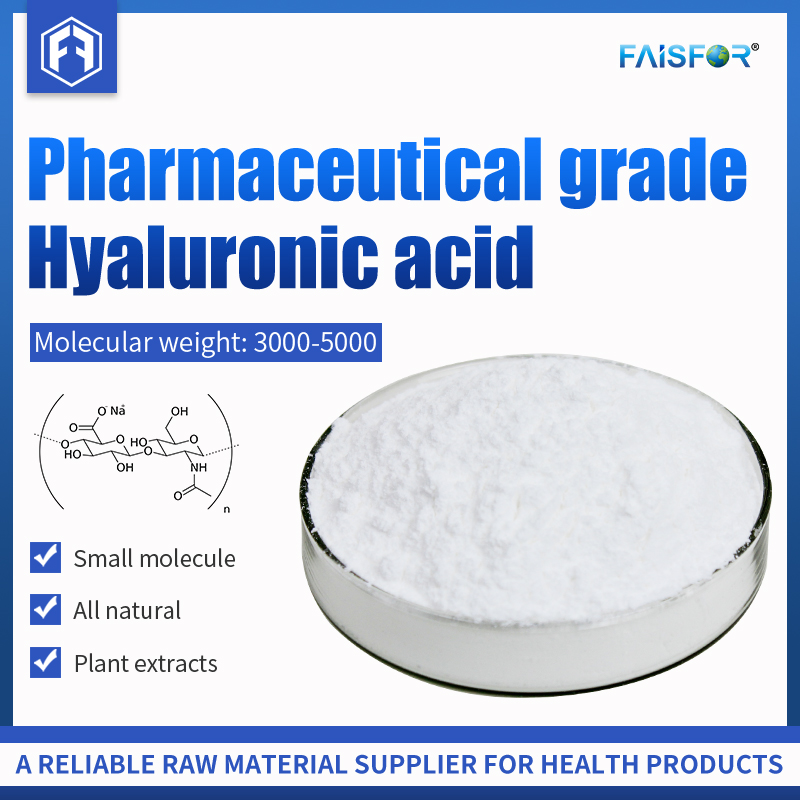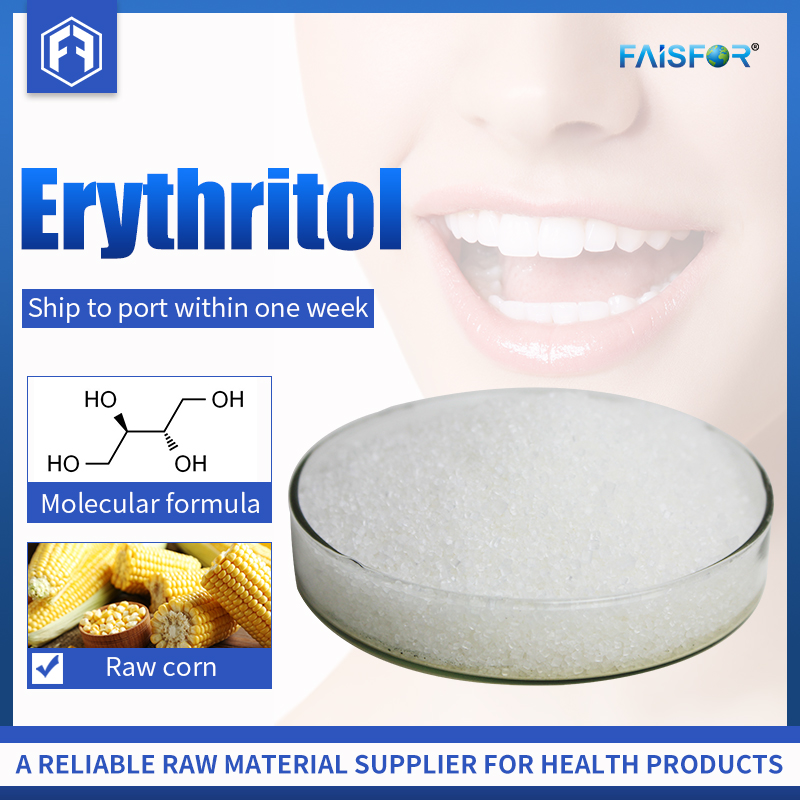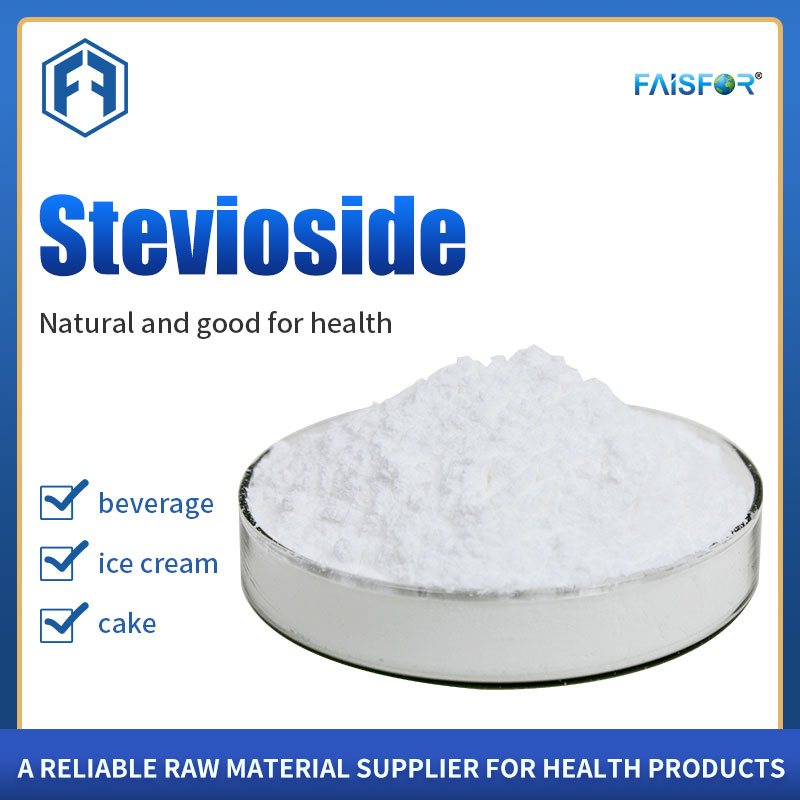The role of leucine
2021/12/24
1. Provide energy for the body
Leucine provides sufficient energy to body tissues and promotes body growth. When the amount of leucine in the body is adequate, grape sores and minor wounds are easier to heal. Leucine helps in the secretion of hormones and helps to burn visceral fat. Because these fats are in the body, it isn't easy to have a practical effect on them only through diet and exercise. If leucine is deficient, it will stop growing and lose weight. Insufficient leucine, increasing the amount of protein in the diet, or taking leucine nutritional supplements can correct the problem.
2. Regulate protein metabolism and repair muscles
Leucine helps maintain different muscle systems in the body. Its most significant benefit is to help slow down muscle tissue degradation by strengthening muscle protein production. This means that the muscles of physically active people are not prone to fatigue. In strength and adipose tissue, leucine is a component required to form sterols.
Leucine works with isoleucine and valine to repair muscle tissue and help promote muscle recovery after training. Among them, leucine is one of the most effective branched-chain amino acids, effectively preventing muscle loss. This is because it can be broken down and converted into glucose faster, and increasing glucose can prevent muscle tissue damage, so it is especially suitable for bodybuilders. However, when insufficient food consumption leads to a lack of leucine in the body, it will cause a series of symptoms, such as loss of muscle strength, fatigue, and headaches. In some cases, it can also cause dizziness and irritability.
3. Lower blood sugar
An essential use of leucine is to help the body maintain normal blood sugar levels. Because leucine is easily converted into glucose, and it also promotes insulin secretion, it helps to regulate the blood sugar level in the body, lowers the blood sugar level, and has an impact on the treatment of dizziness. People with type 1 and type 2 diabetes can benefit from a protein-rich diet, which minimizes carbohydrate intake. People who lack leucine will experience symptoms similar to hypoglycemia, such as headache, dizziness, fatigue, depression, confusion, and irritability.
4. Improve the immune function of the body
Leucine deficiency leads to atrophy of the thymus and spleen, damage of lymphoid tissue, and reduction of immunoglobulin, complement C3, and iron transporter levels.
5. Promote the healing of skin, wounds, and bones
Leucine promotes the healing of skin, wounds, and bones, so doctors usually recommend that patients take leucine supplements after surgery to speed up the recovery process.
6. Other functions
Leucine can promote sleep, reduce sensitivity to pain, relieve migraine, anxiety, and tension, reduce the symptoms of chemical reaction disorder caused by alcohol, and help to control alcoholism;
People engaged in high-intensity physical activity and a low protein diet can also consider using leucine nutritional supplements. Although there are independent forms of supplementation, it is best to ingest with isoleucine and valine. Therefore, it is more convenient to choose mixed supplements.
special reminder
It should be noted that excessive intake of leucine can also cause side effects, and large intakes can cause pellagra, vitamin A deficiency, dermatitis, diarrhea, mental disorders, and other problems. Too much leucine in the diet can also increase the amount of ammonia in the body and destroy liver and kidney functions. Therefore, patients with impaired liver or kidney function should not intake excessively. Otherwise, it will worsen the condition.










